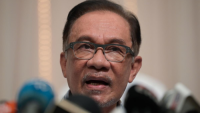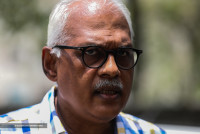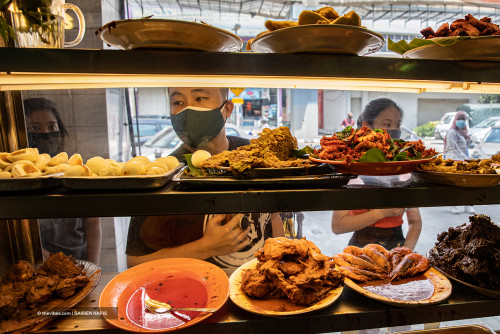THE 17 UN Sustainable Development Goals (SDGs) provide a global framework for some of the world’s most pressing problems. SDG4 deals with quality education and in Malaysia, the Malaysia Education Blueprint (2013-2025) is ostensibly an excellent roadmap.
However, we seem to have lost our way. As is often the case, there is a yawning gap between rhetoric and reality. Indeed, we have a plethora of policy documents, blueprints, and strategic plans outlining what to do, but always seem to fall short on how to do it.
The pandemic should act as a major wake-up call. Our education system is in dire need of a major reset. But before we rush to rebuild and re-invent, let’s pause to take a look at what is already out there and most importantly, what has been tried and tested.
The Trust Schools Programme (TSP) is a case in point. Designed, developed, and delivered by homegrown educational social enterprise LeapEd Services, TSP was conceived as a demonstration model. It was an attempt to trial solutions and discover what can be achieved if we focus on the right developmental priorities. After scanning educational reform initiatives around the world, we came up with a unique and innovative school transformation model, using international best practices adapted to suit our local context.
TSP does not change the infrastructure, teachers, or curriculum of a school. We take all schools as they are and support them to become improved versions of themselves. And trust schools don’t cost the Education Ministry a single sen. Offered under a public-private partnership with Yayasan Amir and the ministry, we work within the existing school budget and all additional interventions are funded via corporate sponsorships.
Ten years later, TSP has been successfully implemented in 94 government schools, reaching over 6,000 teachers and more than 160,000 students nationwide. The model works in any school setting: rural, urban, Orang Asli, Chinese, Tamil, Islamic, residential or high-performing, and the findings from our impact studies speak for themselves.
Step inside a trust school and you will likely feel an immediate, palpable difference. Students who are happy, vocal, and highly engaged in their own learning. Teachers and an entire school community who are committed to unlocking the potential of each and every child.
So how did we achieve this? It seems blindingly obvious, but it starts by putting students, not systems or processes, at the centre of everything. The next step is to galvanise the entire ecosystem to work towards achieving holistic student outcomes like confidence, critical thinking, communication, and collaborative learning.
As such, TSP takes a whole-school approach. Our coaches and advisors are deployed to schools, and work alongside students, teachers, school leaders, parents, the community, state and district education officials over a three-year period to meet co-constructed improvement targets based on the take-off value of each individual school.
First and foremost, in order to engage and excite students, we help teachers improve teaching and learning both inside and outside the classroom, by providing continuous professional development on pedagogical skills. But more importantly, we support teachers in-school on how to apply these skills on a daily basis.
Next, school leaders need to become leaders of learning, not just administrators. We coach the school leadership team (the head, senior assistants, and others) on how they can best empower and develop their teams through rigorous and authentic monitoring, as well as data-driven practices. This includes capacity-building in key areas such as financial management to optimise school budgets, and human resource practices such as effective performance appraisals and succession planning.
Middle leaders also play a key role in trust schools. They are not necessarily just the existing panel or department heads, but include identified “change agents” who act as critical catalysts in sustaining a positive school culture.
Parents and community are another important success factor. Now more than ever, in this era of home-based learning, schools must cultivate meaningful parental partnerships, beyond episodic engagements on report card day or the annual parent-teachers association annual general meeting. Last but not least, sustainable and scalable school transformation must rally the system at the federal, state, and district levels, to take ownership and keep driving the change into the future, long after the programme has ended.
It may sound simple, but working at the coalface requires tremendous resilience and tenacity. Not least because it calls for a monumental shift in mindset and challenging received wisdom. As expected, there is sometimes reluctance and resistance. But despite the setbacks, there are successes.
So while our education system is undeniably beset by challenges, there are also many pockets of excellence which should be celebrated, not sidelined. It may seem as if we have lost our way, but if we were willing to stop and ask for directions from those who have already made the journey, we can still get back on track. – The Vibes, August 8, 2021
This is the first part of an article on the trust school system. The second part in a week from now will examine lessons learned moving forward.
Nina Adlan Disney is the executive director of LeapEd Services, an award-winning social enterprise involved in the design and implementation of educational transformation programmes. For more information, go to: www.leapedservices.com



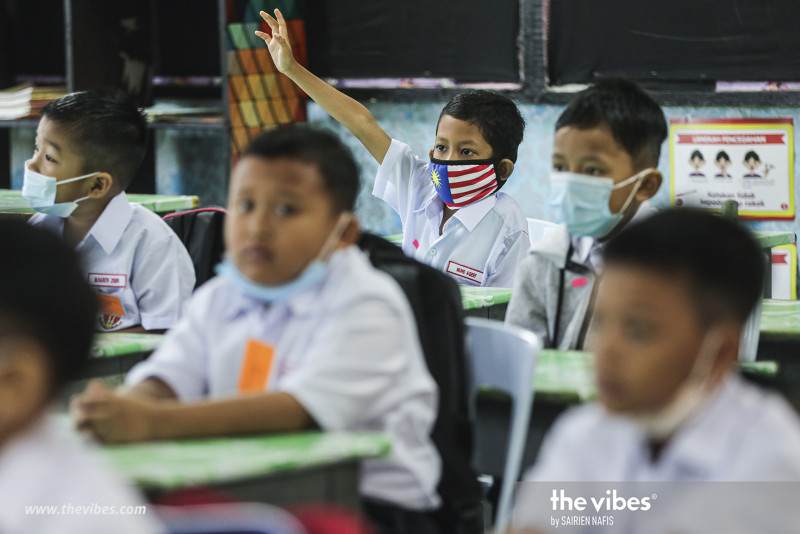


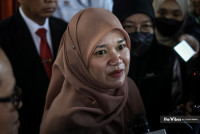
.jpg)
.jpg)




